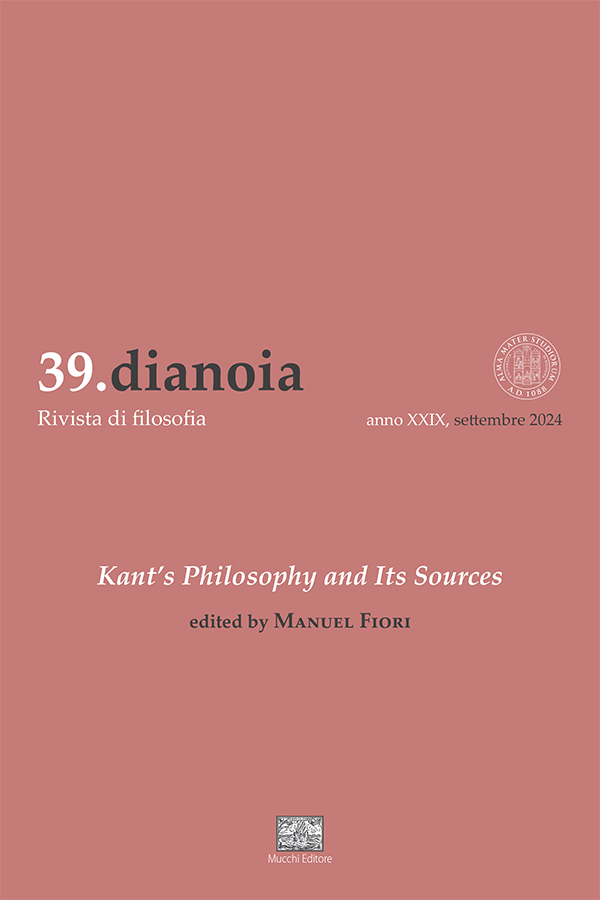Kant agrees with Hume that an agent’s voluntary actions must be seen as causally determined by its character and beliefs. Yet Kant also affirms, contra Hume, that it is possible to assert, even at the point at which an agent commits an immoral act, that the agent could have acted otherwise, i.e., could have acted for the sake of morality. An attempt is made to explain Kant’s defence of his position and to assess its plausibility in the light of Hume’s alternative theory and some claimed findings of neuroscience.
Keywords: Hume, Kant, Causality, Freedom, Phenomena/Noumena.

